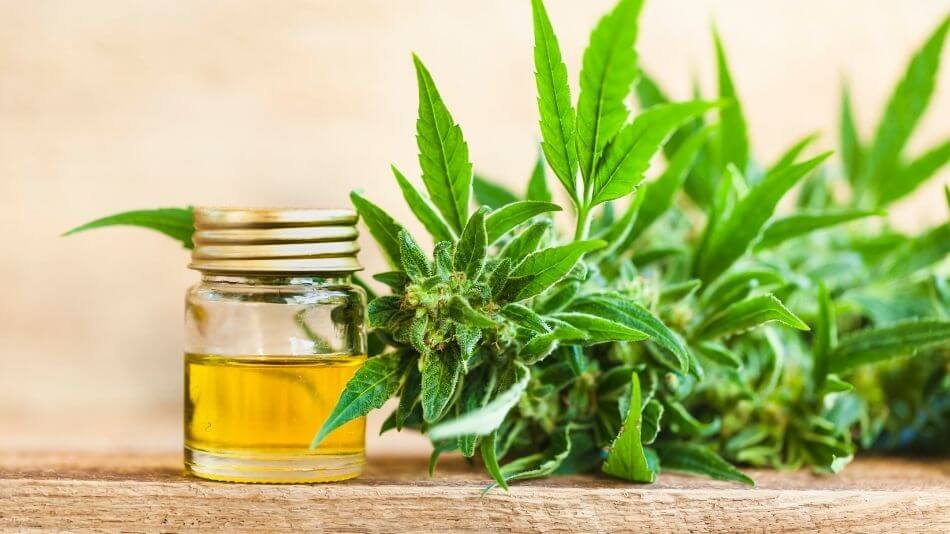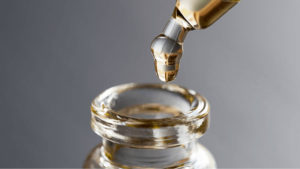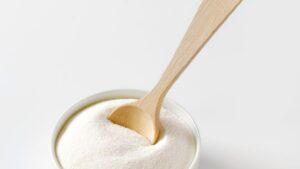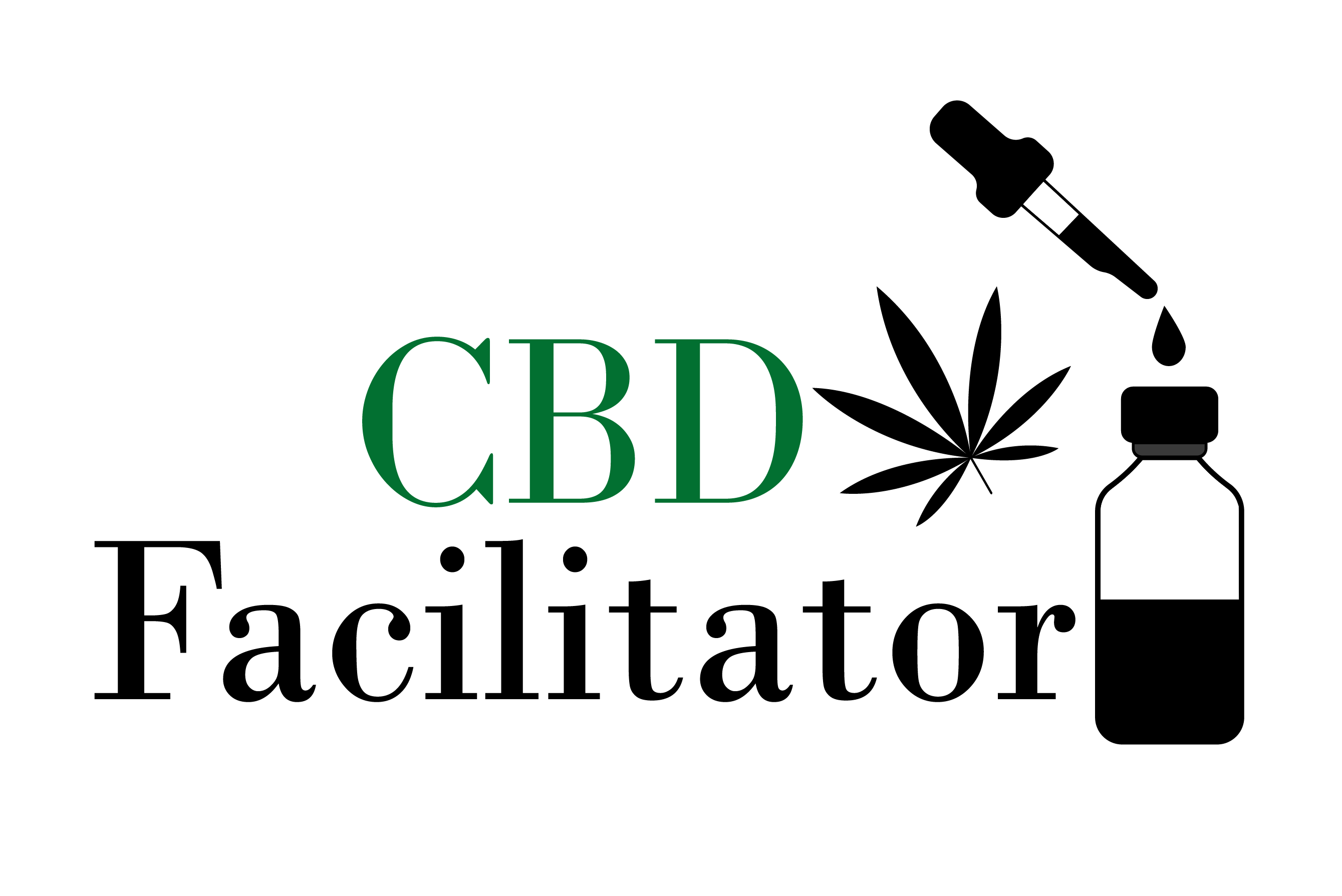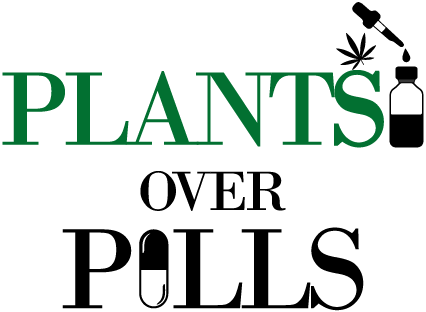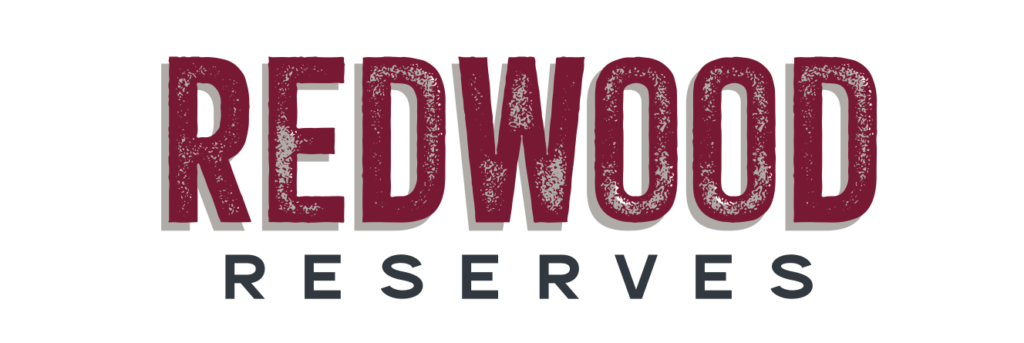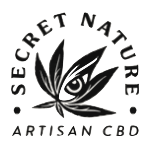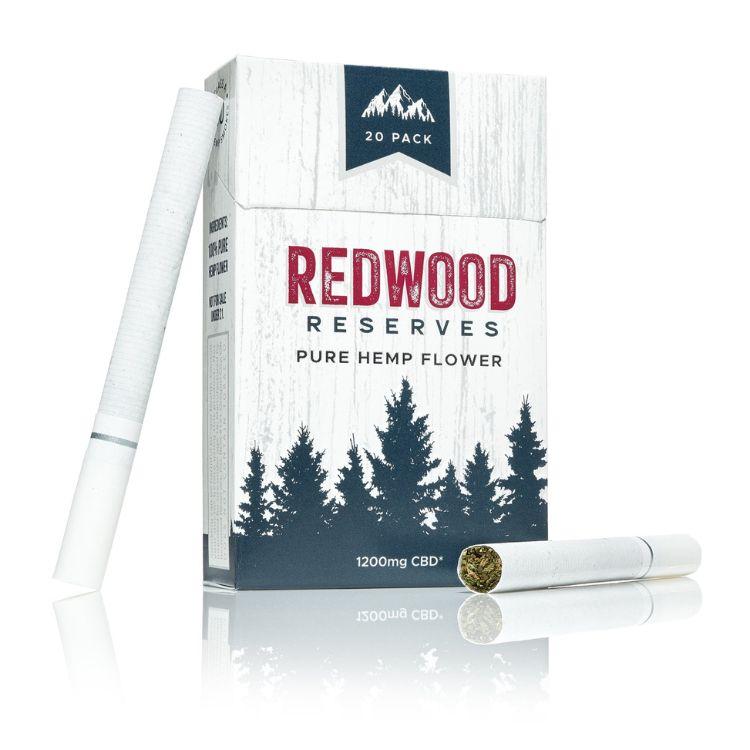Having only been legalized in 2018, the origins of CBD can seem somewhat murky and confusing, especially for users who are new to the compound. This is especially true, given its association with marijuana. You might wonder if the CBD industry is some sort of shady agricultural underbelly, with strange methods and standards.
The truth is, however, that CBD is grown just like any other legal agricultural product — it’s no different from romaine lettuce cultivation or corn harvesting. In this article, we’ll explain exactly how CBD is sourced, grown, and extracted.
What is CBD? Where does CBD come from?
CBD, or cannabidiol, is a type of compound called a cannabinoid that is found in plants in the Cannabis family. Though closely related to THC, CBD is a non-psychoactive compound (meaning it cannot get you high), and it is in fact thought to reverse some of the negative psychological effects of THC.
Not a lot is known about CBD at this point — the body of research is still growing, and it has only recently seen a rise in popularity in the mainstream. However, the compound shows great promise as a treatment for a variety of ailments, including using CBD for arthritis, CBD for anxiety, and CBD for epilepsy. The list of CBD benefits seems to be growing more and more every day.
How is cannabis farmed?
Cannabis farming has seen meteoric growth since the passage of the 2018 Farm Bill — in 2018, it was the fastest growing industry in the U.S. Large-scale farming methods are, consequently, being employed more and more for growing cannabis plants.
Cannabis can be grown either inside, in large greenhouses, or outdoors. Cannabis has historically been grown in the sunlight, especially before it was integrated into traditional agriculture industries, while cannabis grown for medicinal purposes is often grown indoors in order to better control variables like weather, water, and soil. This is especially true considering the wide variety of Cannabis varieties and uses — different strains have vastly different growth needs.
What part of the plant does CBD come from?
CBD is primarily derived from the flowers of plants in the Cannabis family (derived meaning to be taken from a specific source). The trichomes of the plant — those small protruding hairs that grow on the plant’s buds — secrete a resin full of CBD and other cannabinoids and terpenes. To the naked eye, these hairs and the goo they create can give the plant a sparkling quality in the sun.
When smoking CBD, many users will opt to smoke the flowers of the plant not only because of the high amounts of CBD, but also due to the variety of other beneficial compounds. Smoking hemp flowers is a great way to reap the benefits of the entourage effect, which can amplify the soothing effects of the plant.
While the flowers have the most CBD, CBD is also found in the stalks and leaves of cannabis plants, and extraction can sometimes be done with the whole plant.
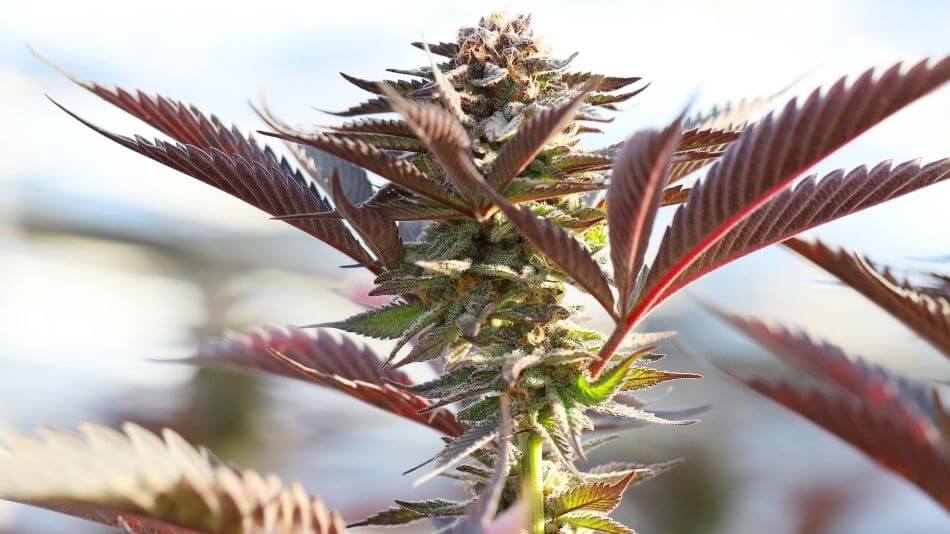
How is CBD extracted?
CBD can be extracted through a variety of popular methods in the industry, including:
Carbon dioxide extraction
- In this common method, CO2 is used to absorb and extract the oils from a solid piece of cannabis. Its phase changes allow it to filter out the solids of the plant from the beneficial liquids.
Liquid solvents
- Other chemicals, such as alcohols, may be used to absorb and extract the oils from the plant for a cheaper extraction method. This method may leave behind unwanted chemicals in the CBD oil, however.
Oil infusion
- In this ancient method, you heat the plant and combine it with a carrier oil (such as olive oil) in order to extract the CBD. While this method is much easier for small producers and home growers, it creates a much less concentrated product.
After the CBD is extracted, it may be put through further refining methods, such as winterization (freezing the oil with 200-proof alcohol before filtering it) and distillation (boiling until only pure CBD is left).
Hemp vs marijuana
Hemp and marijuana are both members of the Cannabis species, and they are both grown for a variety of medicinal and industrial purposes. There is technically no botanical distinction between the two terms, however, they matter a great deal in terms of legality and THC content.
What is hemp?
Hemp is defined as any cannabis plant that contains less than 0.3% THC per dry weight. Hemp is typically grown for CBD extraction due to its low THC content and higher CBD content, but marijuana also contains CBD, so it’s important to seek out hemp-derived CBD products if you are worried about consuming THC.
Hemp is also more frequently grown for other consumer products due to its strength, versatility, and sustainability when compared with other crops. It requires less water than other plants, and it can be used to create textiles, paper, food, animal feed, fuel, and more.
What is marijuana?
Marijuana is any cannabis plant with more than 0.3% THC per dry weight, and many varieties are grown to have much higher THC contents. It’s grown almost exclusively for medicinal and recreational use. Again, CBD can be extracted from it, but this can complicate the legality of CBD products in states where marijuana has not yet been legalized, so producers tend to avoid it. It is not traditionally grown for industrial purposes, unlike hemp plants.
Product types
CBD oil products can come in a variety of forms, all with different extraction methods and proportions of CBD, especially depending on the CBD source.
Full spectrum CBD
- Full spectrum CBD products include all the compounds and chemicals found in whatever variety of cannabis it’s extracted from. This means it may have trace levels of THC, but it also means you may encounter greater health benefits due to the entourage effect.
Broad spectrum CBD
- Broad spectrum CBD products are refined to keep other compounds found in the plant, but they have all the THC filtered out. This is a good option for people who might be concerned about being drug tested.
CBD isolate
- CBD isolate products have been purified so they are nothing but CBD.
In addition to all of these spectrum options, CBD is consumed in a variety of manners, including tinctures, gummies, creams, and in the form of hemp flower. If you’re looking for a CBD distributor that offers a variety of products from trustworthy, health-forward brands, check out our directory. We can help connect you with the products you need for whatever health issues you’re encountering, all from high-quality sources grown throughout the U.S.
